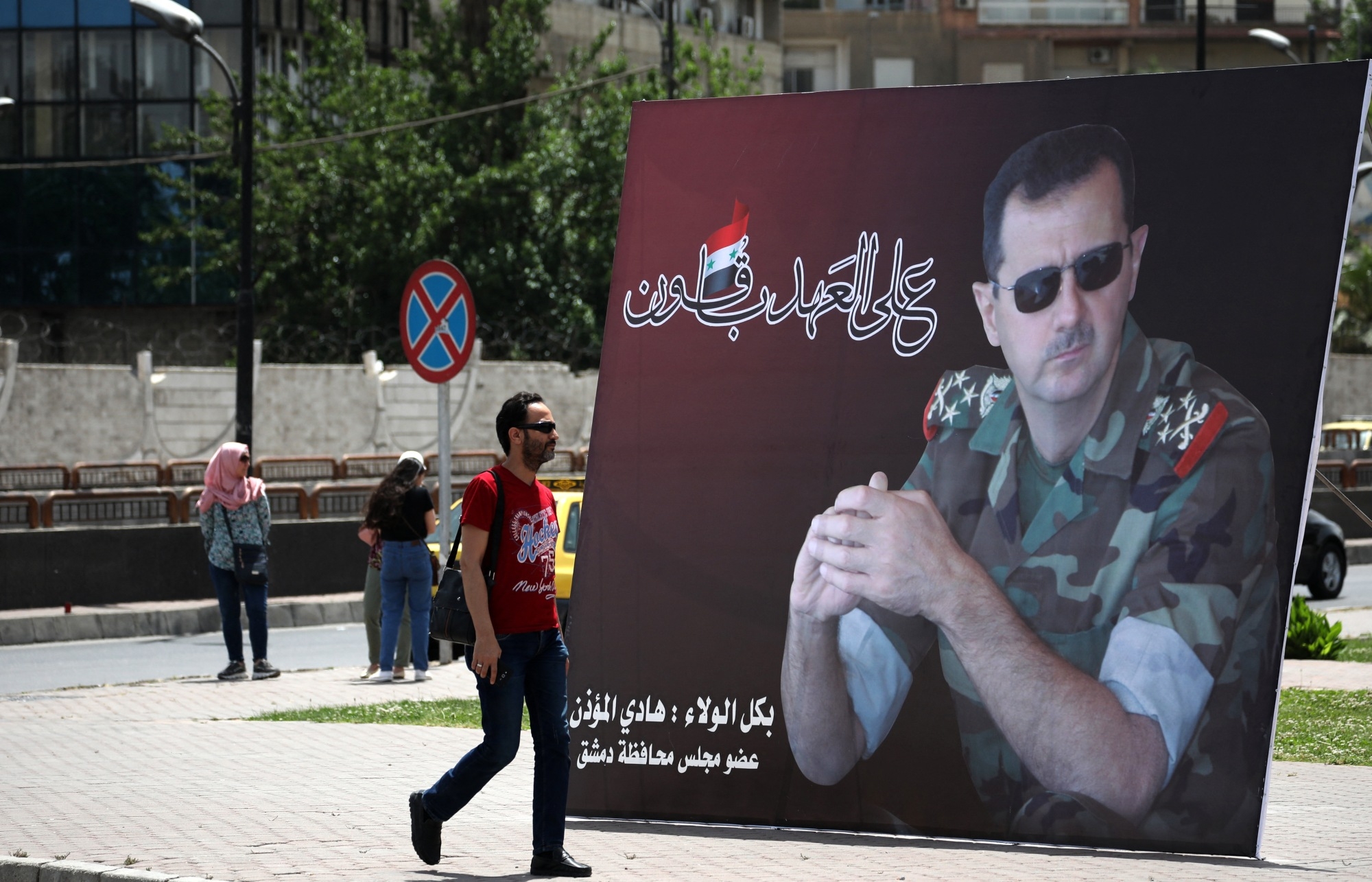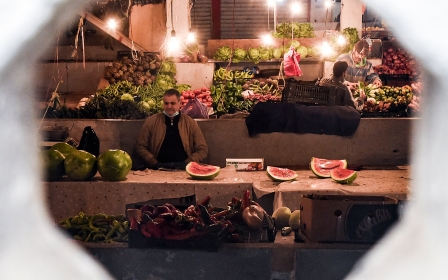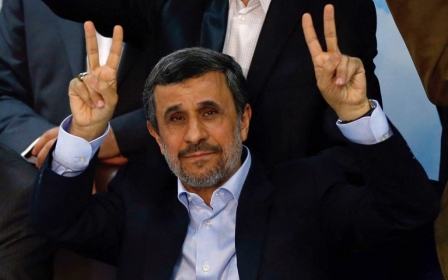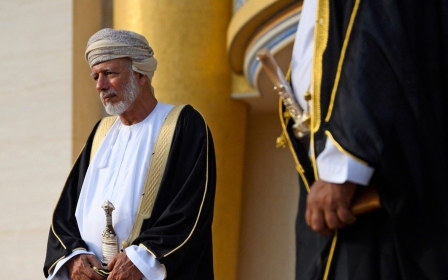Arabic press review: Saudi delegation met Assad in secret Syria talks

Secret Saudi visit to Syria
A high-level Saudi delegation headed by the intelligence service chief Khalid al-Humaidan arrived in the Syrian capital Damascus on Monday and met with Syrian President Bashar al-Assad, according to an exclusive published by news website Rai Al Youm.
According to insider sources, the Saudi representatives informed their Syrian hosts that Riyadh welcomed Syria's possible return to the Arab League, some ten years since its suspension over the violent government crackdown of protests in 2011, which evolved into a full-blown conflict costing the lives of hundreds of thousands and forcibly displacing millions of Syrians.
The visit came as part of efforts to prepare for the reopening of the Saudi embassy in Damascus. The reopening of the embassy is reportedly seen as a first step to restore relations between the two countries, which had been severely strained as a result of the Syrian war.
While Saudi Arabia supported opposition forces in the early years of the conflict, Assad’s government has been backed by Riyadh’s archenemy, Iran.
New MEE newsletter: Jerusalem Dispatch
Sign up to get the latest insights and analysis on Israel-Palestine, alongside Turkey Unpacked and other MEE newsletters
This development comes in light of reports that Saudi Arabia has also been engaged in secret direct talks with Iran - negotiations that were also led by Humaidan.
The recent direct talks between Riyadh and Tehran have reportedly included discussions on the conflict in Syria, which remains a thorny point of disagreement between the two regional powers.
Tunisia loses batch of Covid-19 vaccines
Tunisian MP Yassine Ayari has accused President Kais Saied of bearing responsibility for the loss of a batch of Covid-19 vaccines, Arabi21 reported.
The shipment of vaccines was scheduled to arrive in Tunisia through the World Health Organisation’s Covax programme, which provides coronavirus vaccines to developing countries.
Ayari said in a video published by Arabi21 that Saied needed to give a signed approval signature in order for the batch of vaccines to be shipped to Tunisia, but failed to meet the deadline - leading the shipment to be diverted to Nigeria instead.
This is not the first time Saeid has been embroiled in controversy over vaccines. Two months ago, allegations emerged that the Tunisian presidency had received an "Emirati gift" consisting of a thousand doses of vaccines without informing the government or parliament. The whereabouts of these vaccine doses, and who might have received them, remain unknown.
In recent days, Tunisia recorded an average daily rate of over 2,000 infections, and daily fatalities between 60 and 80 deaths from the virus.
Iraq foreign diplomas mostly fake
A parliamentary commission in Iraq has revealed that nine out of 10 of the foreign diplomas flaunted by Iraqi graduate students abroad are forged.
Al-Sabah newspaper quoted Riyad Al-Masoudi, a member of the parliamentary education committee in the Iraqi Council of Representatives, as saying that "90 percent of the diplomas granted to postgraduate students from outside the country after the year 2003 are fake and were bought remotely from unrecognised universities”.
The Parliamentary Committee said that "the educational reality in the country is heading for the worst”.
"Throughout the long years of war, Iraq has suffered a tragic educational decline,” Masoudi told al-Sabah. “The coronavirus pandemic has made the crisis worse in the country, which has negatively affected the educational status of schools and universities, leading to the graduation of generations that lack adequate training.”
* Arabic press review is a digest of reports that are not independently verified as accurate by Middle East Eye
Middle East Eye delivers independent and unrivalled coverage and analysis of the Middle East, North Africa and beyond. To learn more about republishing this content and the associated fees, please fill out this form. More about MEE can be found here.




